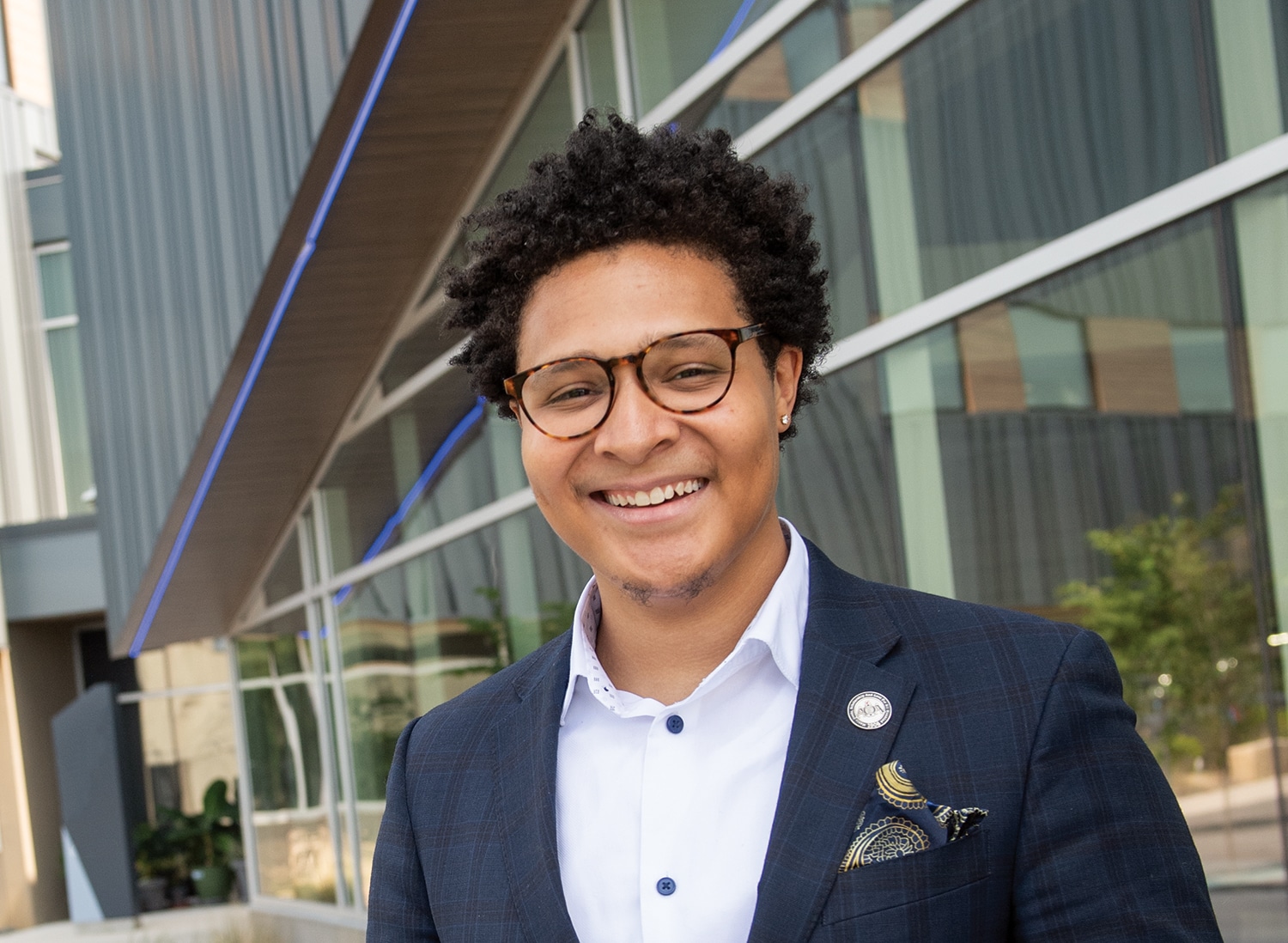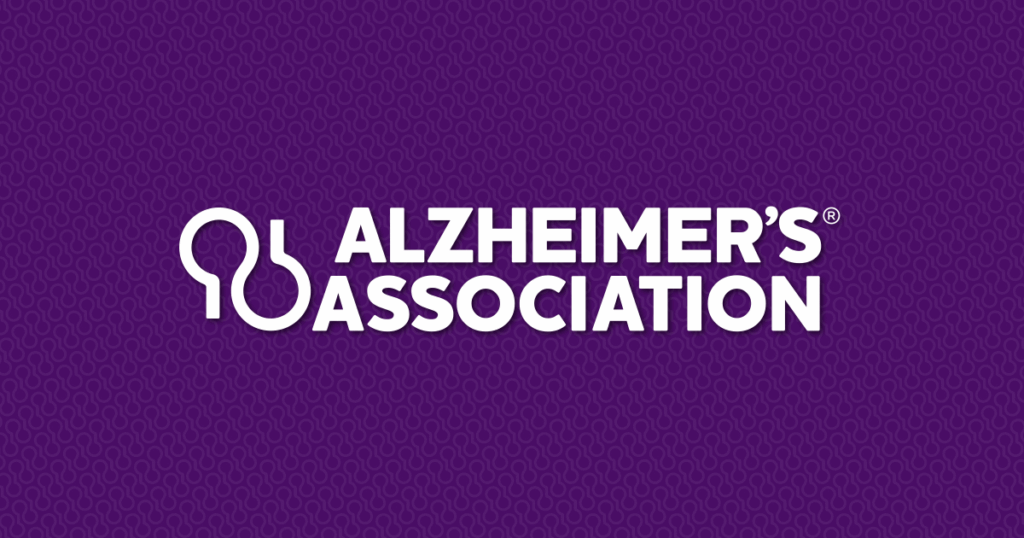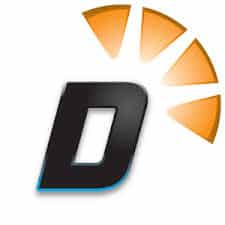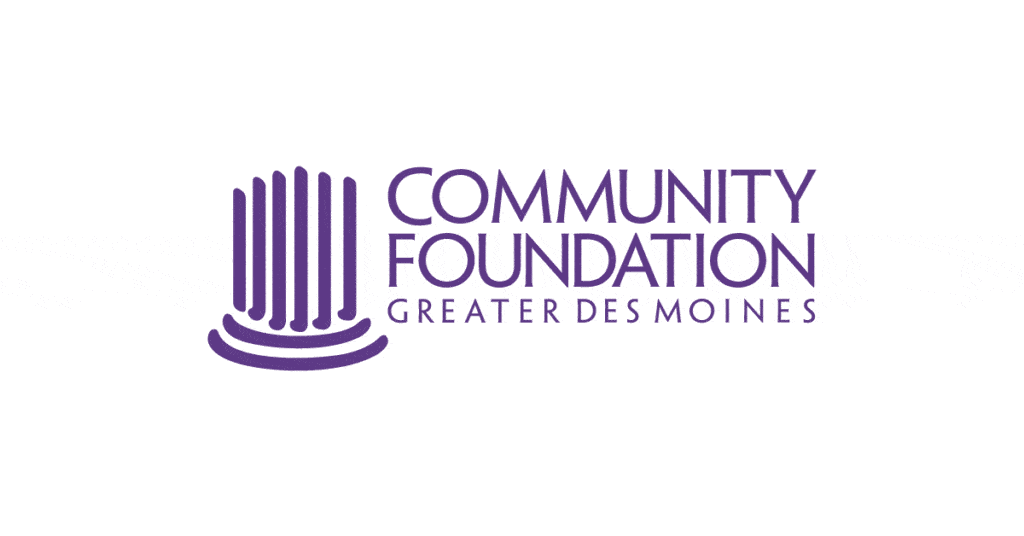A Closer Look: Julian Neely
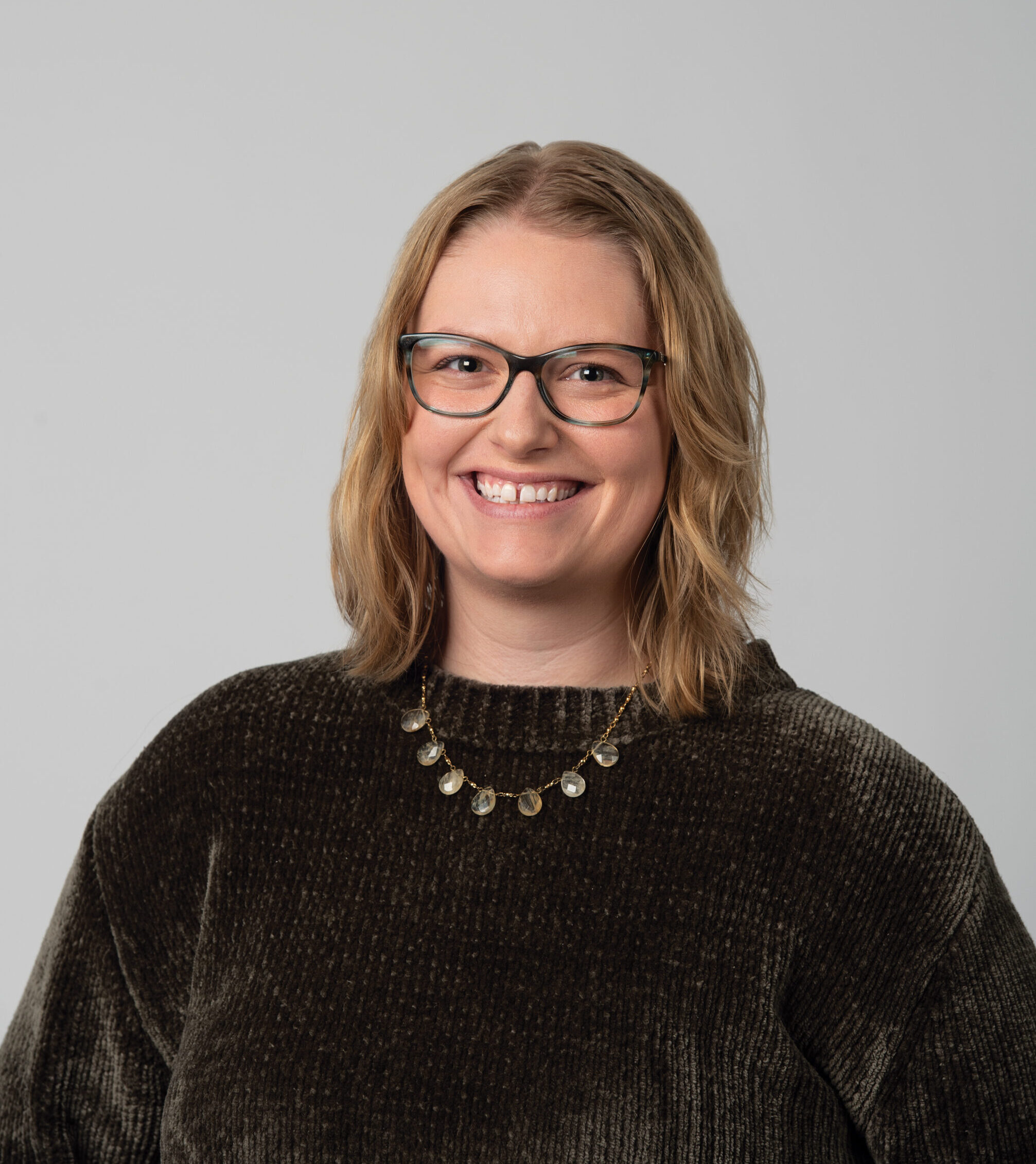
Sarah Diehn Jul 7, 2023 | 6:00 am
11 min read time
2,517 wordsA Closer Look, Nonprofits and PhilanthropyEveryone is shaped in some way by the community they grow up around and get involved in. That connection and commitment to community runs deep for Julian Neely.
Growing up in Des Moines and Johnston, his involvement at school, his home church, Corinthian Baptist Church, and in the community provided some of his first leadership experiences along the way. He also learned about the struggles communities face. Neely said he experienced the effects that violence against Black men has had on himself and other Black youths and the community at large.
Neely continued to pursue leadership at Iowa State University, supporting students and diversity and inclusion through student government roles, including student body president.
Majoring in journalism helped develop his interest in how media shapes narratives about Black men and how that in turn affects communities. Through the Ronald E. McNair Postbaccalaureate Achievement Program at Iowa State, he began researching the topic, focusing on how media could “reinforce the appreciation [and] understanding of Black identity, especially when it came to Black boys.”
He decided to continue his education at Syracuse University in New York to keep studying how to lift the voices of marginalized communities, until the pandemic began and the uncertainty it caused led him back to Iowa to be near family.
Neely said he was wearing “multiple different hats” when he got back to Iowa, transferring to Iowa State to finish his master’s degree, working, and engaging with the United Way of Central Iowa for the first time as a representative of Urban Dreams on the 21-Day Equity Challenge committee.
“It was a nice way to begin to reengage with the Central Iowa community,” Neely said.
He joined United Way’s team in July 2022 to lead two of the organization’s affinity groups, LINC and United LEAGUE, which community members join by making a donation to United Way. The goal of the groups is to connect the community to the efforts their donations are supporting and offer personal and professional development.
Lead Impact Network Change, also known as LINC, focuses on engaging young professionals in community service and professional development. United Leadership, Equity, Advocacy, Giving, Unity, Excellence, abbreviated as United LEAGUE, is the United Way’s newest affinity group dedicated to identifying and addressing economic opportunity needs for Central Iowa’s Black community.
We recently caught up with Neely to learn more about him and his new role.
This Q&A has been lightly edited for clarity and length.
Were the leadership opportunities and your other community involvement growing up formative for you?
I think it was. What really got me invested and committed to serving my community really came out of the murder of Trayvon Martin. Watching that on the news and seeing what the news coverage was doing, how they were portraying the story interested me in advocacy, serving my community on top of journalism. When I went to Iowa State, I studied journalism. That was included in some of my extracurricular activities was how are we framing stories that then impacts communities? But then at the same time, are there things that I could possibly be doing outside of the journalistic world to be able to enact systematic change but also societal changes that better support my community? Because there was a narrative that was reinforcing stereotypes about Black men, especially throughout that whole trial with George Zimmerman.
Another one was after Mike Brown was murdered. I remember the news coverage of that, of another Black child, staying in the middle of the street for over six hours. The protests were going on and I remember my friend and I were talking and we’re like, “We have to do something.” In 2014, he and I organized a protest that was really focusing on amplifying youth voices. We had kids from 4 years old to 18 years old that were sharing their stories, sharing their concerns, sharing all the different things that they were feeling seeing that video and seeing the pain and hurt in their community. I think it really tapped at the emotional strings of our community seeing children being able to fully comprehend the situation and share their emotions and concerns. That transpired into all the different things I got involved with. I think I really got committed to serving people.
Something I share about myself today and with other people is like, the reason why I am so passionate, the reason why I’m so caring and so invested is because the people before me had that same investment in me to help me overcome different obstacles. It’s my duty and my purpose in my life to reinvest that into my community and to make sure that whenever that baton is handed off, that people have all the resources and things they need to be able to keep moving forward.
You said your faith community had an impact on you growing up. What does it mean to you in your work today?
It means a lot. One reason that I sought out this role was because I felt like there was some alignment there and I felt like I was being led to applying and also serving in this type of capacity. In my experiences so far I’ve been feeling full and fulfilled in this and like I am where I’m supposed to be at.
Can you describe the mission of LINC?
LINC was established in 2016. It’s aligned with our essential needs element, which deals with housing, food insecurity and other elements that really focus on the fundamentals that you need to be able to thrive in this world. Also it’s connected to the focus of involving our emerging leaders in our community. Thinking of people that are straight out of college, going into the workforce, folks that are new in the workforce from five to 10 years that are gradually making their way through the corporate ladder, and then just young adults or young professionals that are interested in getting civically engaged as well as connected with philanthropic efforts. Within this group, we have individuals that are 40 and under that are like, “How do I get involved? How do I learn more about what’s happening in my community, and how can I contribute or do my part?” There’s a big focus on volunteerism. We really want our young professionals to be connected to where their dollars are going, so the focus of volunteerism allows them to build those relationships with our funded partners, and also the community that they’re serving. They have a holistic understanding of the community that they live in and also work in. So when you are in business meetings, when you’re in community meetings, when you’re doing things that could possibly impact the broader community, you have a more comprehensive understanding of who is going to be impacted and also the different things that should be considered.
What is United LEAGUE’s background and mission?
United LEAGUE is a new one. It was established in 2021 and spearheaded by Lindsay Cannaday, who is the former United LEAGUE director, and also in support of Alexis Davis, who came up with the name and the logo. This came out of really seeing that we have a large amount of Black philanthropists in the city that also support United Way, but really having a great focus on how can we create a space that really focuses on the Black economic mobility within Central Iowa? Our focus is connected to the economic opportunity strategies. It’s from job placement, job training to understanding the tax code and also developing assets from investments to Roth IRAs to real estate to owning a business. One goal is education and being informative, but also how can we connect people to different resources and also how can we strategize to make a sustainable plan that could really move our community forward? United LEAGUE has a specific focus on the Black community when it comes to economic development. We are in the works of developing a partnership with the Director’s Council and their One Economy initiative. We have advisers that span our broader community, those that are connected to the nonprofits but those that also serve in corporations. We have individuals that are in the finance world. They are looking at numbers on a daily basis, they are tracking the economy, and they are connected to resources that could really influence and enhance our understanding of where we should be moving to make that impact. It’s also creating spaces for us to amplify our voice, not only within the community, but also within United Way. Then it’s also fellowship — how can we convene people? How can we create different events that inform people and get them connected with different services or resources that are available to them that they may not be informed about?
How do these affinity groups tie into United Way’s overall mission?
LINC and United LEAGUE are two of the five affinity groups. We have Women United, which is connected to early childhood success. We have the Education Leadership Initiative that’s connected to education success, and then you have Tocqueville, which is donors that contribute at $10,000 or more. All of them are an amplification of our overall United to Thrive strategies, but have a focus on year-round engagement. How can we engage our donors beyond just their gift to United Way? How can we support them in their own endeavors and aspirations? How can we get them involved in the inner workings of United Way from our volunteer leadership opportunities from serving on our cabinets, our committees? Also, what are ways that we can get them connected to our funded partners? A big thing for building trust is understanding where their dollar goes and also understanding that their dollar is being utilized to the full capability that you intended it to be used for. We are also seeing that our donors are very eager and interested and understanding what is happening in the community just from a broader scope. With LINC and LEAGUE, we really focus on professional development and personal development, so really planning additional programs that align with the needs and wants of our donors. We also have different fellowships once again, the ability to connect and unite. What we’re seeing is that we have donors from all different industries and interests that if we are able to connect them, we are probably able to curate something very beautiful that could really positively impact our community.
What work would you highlight from the LINC and United LEAGUE programs in the last year?
This year has been interesting. One, because there was a vacancy for a period of time, so what we focused on this entire year has been reigniting or rejuvenating that passion and interest of our donors to engage. What our steering committee and I have really focused on is, what is the current work climate or structure? How do we reach and raise awareness about LINC efforts, and then really specifying our focus. As we began to narrow down our focus within essential needs, we really focused on housing.
Then for United LEAGUE, there’s so many things that contribute to the economy, so there’s a wide opportunity there. Our biggest initiative has been seeking out partnerships with people that are already enacting work, but how can we help in regards to expanding their reach or awareness to other pockets? Are there things that we could also contribute to support the enrollment of individuals and their programs? Second has been really focusing on awareness of what United LEAGUE is, what our role is, and what is our place within the things that are already occurring so we’re not disrupting or interrupting things that are already in motion, but more of like, how can we support, how can we contribute to some of those things or even partner. The beginning of this year has really been like how can we engage people? How can we find ways to connect? We did a partnership with Iowa Wolves to engage people, prospective donors and existing donors, just to be able to meet people. Originally United LEAGUE donors never had the opportunity to meet because of the pandemic and also the transition of directors, so a really big focus was how can we get people to connect, to be able to have the ability to fellowship and to build relationships with one another.
What are ways others can engage with United LEAGUE or LINC?
By becoming a donor to LINC or United LEAGUE, you can get further involved by serving on our advisory team within both groups. Other ways are also being a representative of the groups in their respective investment cabinets. If you join LINC, you have the opportunity to be a representative of LINC on the essential needs investment cabinet where you can help decide where funding goes by connecting with different funding partners, reviewing their applications, distributing those funds. Same thing with United LEAGUE; you have the opportunity to serve as United LEAGUE investment representative on the economic opportunity investment cabinet and do the same process. The adviser piece is really focusing on the strategies and the impact that we want to have. We’re strategizing, we are reviewing the needs of our community. We’re discussing partnerships that would really enhance the level of impact that we can make. It provides people a little bit more stake in the inner workings of the affinity group. With LINC and United LEAGUE we have representatives that serve on the [United Way] board.
What is your favorite thing about Des Moines?
What I love about Des Moines is it’s home. The people that I’ve met here have truly invested in me, and all the people that I constantly work with that are invested in this community truly love and are committed to this community. Secondly, I would say the history. I think Des Moines has some very rich history. We have history that we can be proud of but also history that is disheartening, and it provides an opportunity for us to learn from so we don’t duplicate that harm. I think there’s some rich Black history here that could really enhance the pride that we have within the Black community from things that Center Street provided our community, to the different organizations and coalitions that were established among Black leaders between the ’40s and ’70s. One thing I can say is that our Black community has been committed and passionate about ensuring that we are seen but also that we are considered when making large decisions and that we have an active investment in ensuring that we are protected and that we are able to sustain progression and advancement.
At a glance
Hometown: Des Moines
Family: Husband to Emani DuBoise-Neely; son of Bridget Cravens-Neely and James Neely.
Education: Bachelor of Science and Master of Science in journalism and mass communication, Iowa State University.
Hobbies: Spending time with family and friends, participating or attending community events, working out, filmmaking, and traveling.
Contact: julian.neely@unitedwaydm.org

Sarah Diehn
Sarah Diehn is editor at Business Record. She covers innovation and entrepreneurship, manufacturing, insurance, and energy.

